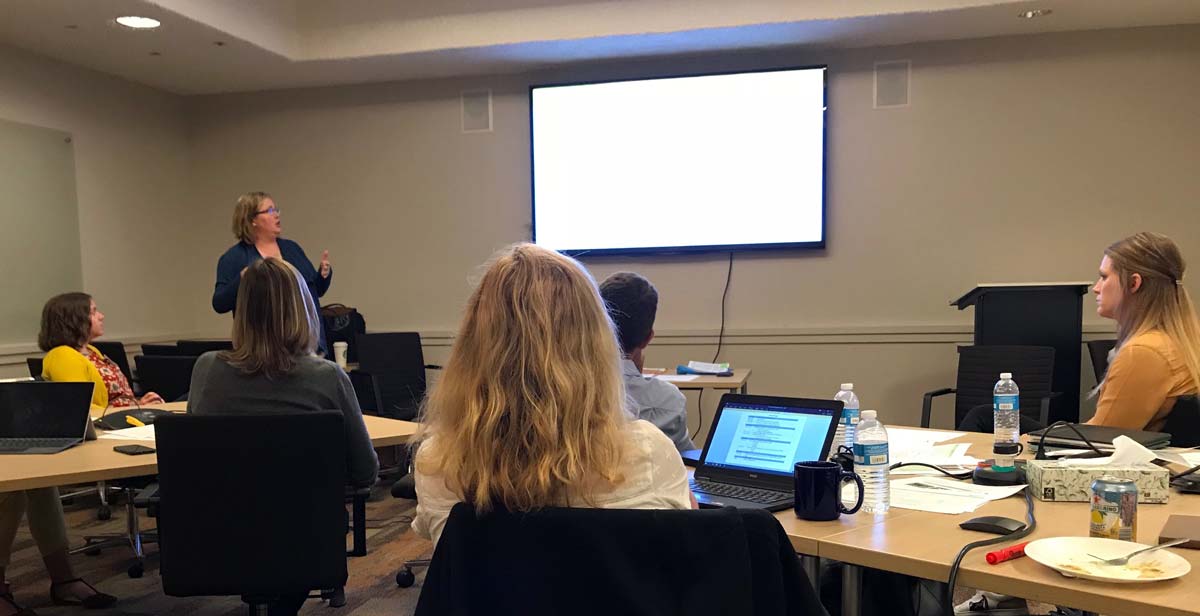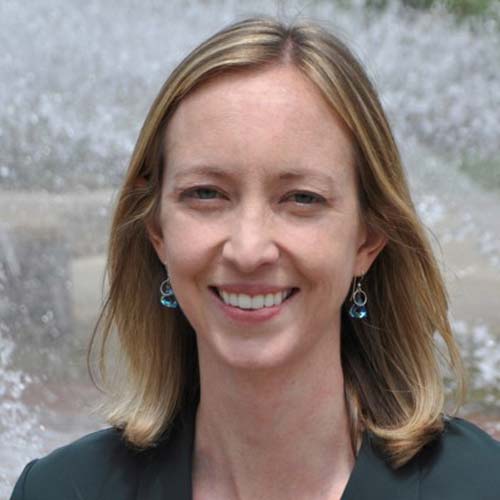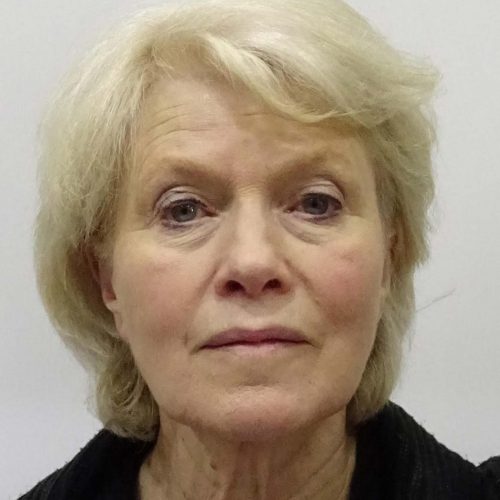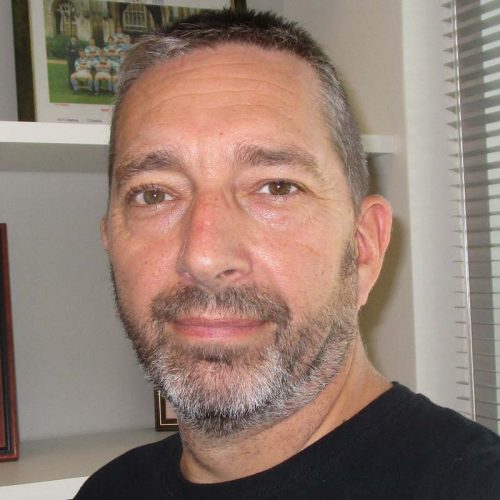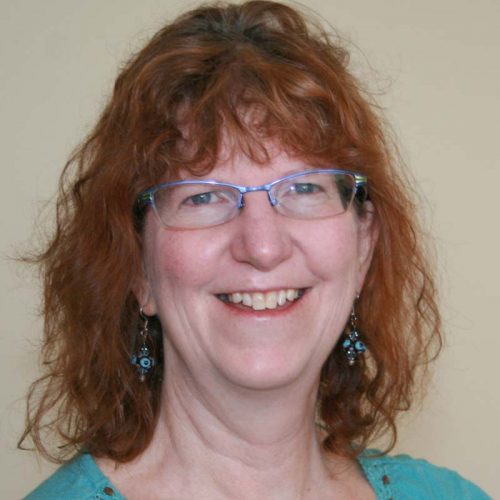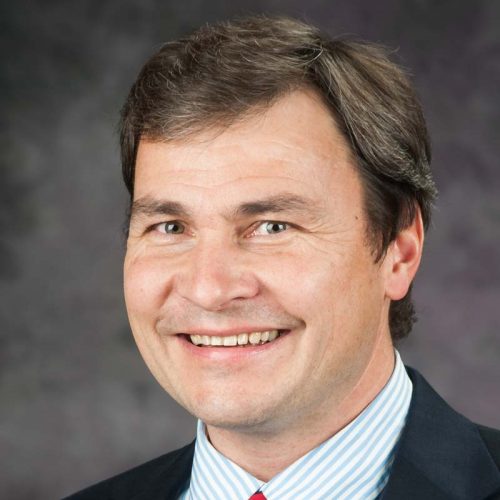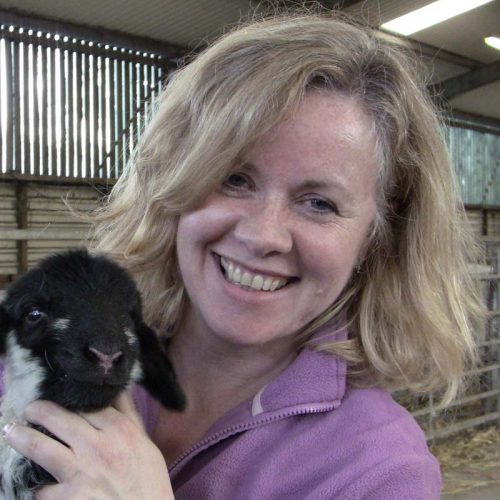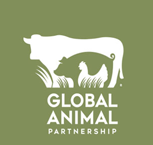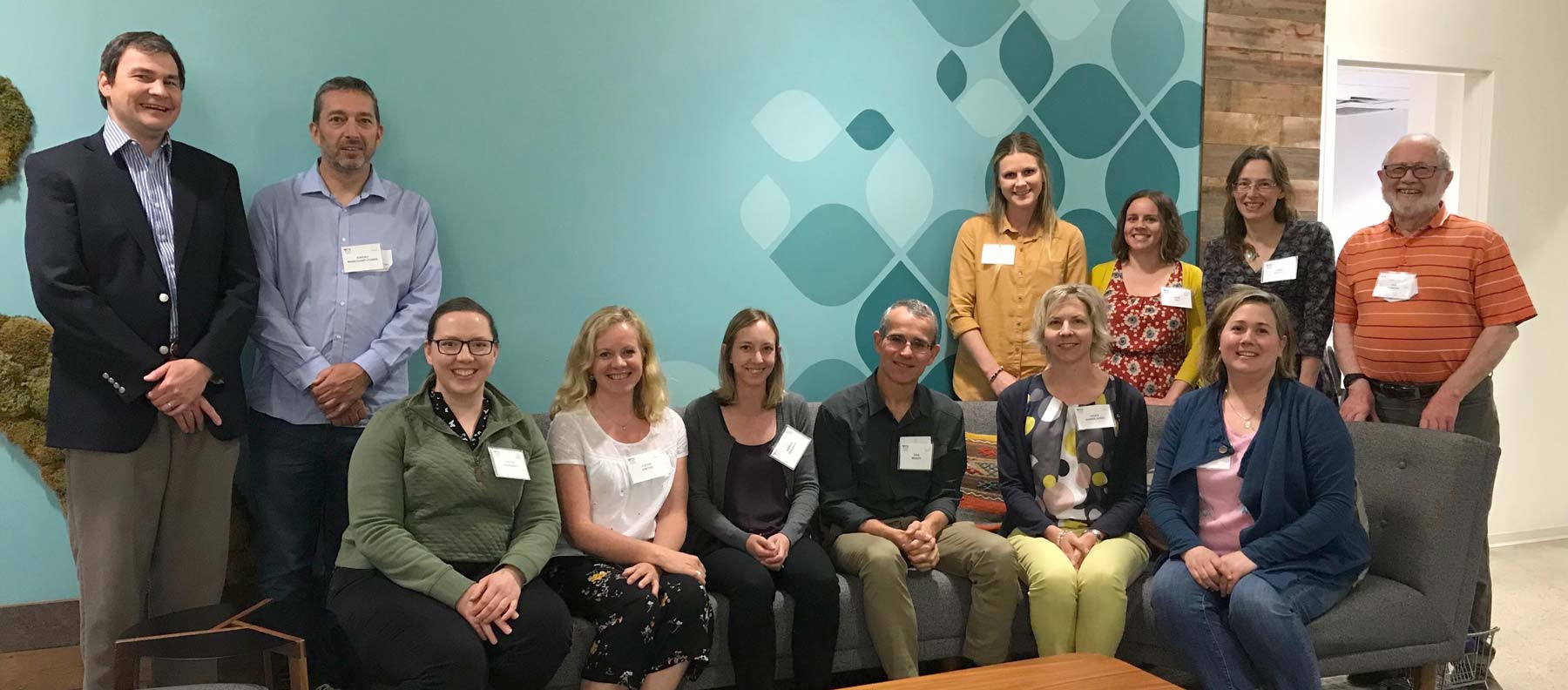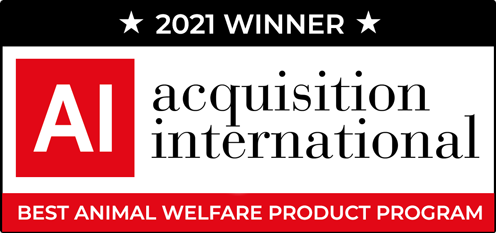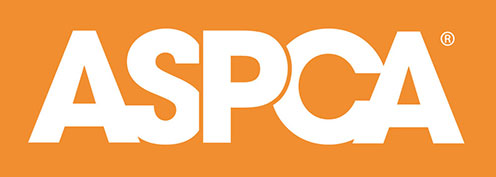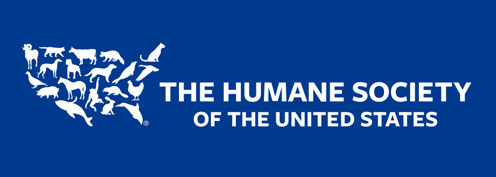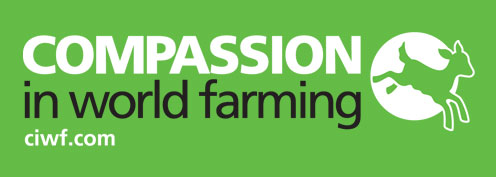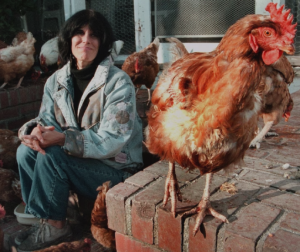Who serves on G.A.P.’s Scientific Advisory Committee?
Our committee is made up of scientists, doctors, and professors who are experts in their fields.
- Hans Coetzee (Professor and Head of the Department of Anatomy and Physiology, Kansas State University, USA)
- Cathy Dwyer (Team Leader – Animal Behavior and Welfare, Scotland’s Rural College, UK)
- Marisa Erasmus (Assistant Professor & Extension Specialist, Purdue University, USA)
- Felicity Huntingford (Professor of Functional Ecology, University of Glasgow, UK)
- Jeremy Marchant-Forde (Research Animal Scientist, USDA, USA)
- Ruth Newberry (Professor of Ethology, Norwegian University of Life Sciences, Norway)
- Vicky Sandilands (Senior Behavior and Welfare Scientist, Scotland’s Rural College, UK)
- Daniel Weary (Professor and NSERC Industrial Research Chair, University of British Columbia, Canada)
What is the purpose of the Scientific Advisory Committee?
The G.A.P. team works with the Scientific Advisory Committee on a regular basis to discuss new findings, research, and relevant technologies relating to animal welfare. Members of the SAC advise the G.A.P. team on the latest scientific findings and provide feedback on the entire standards development, revision, and implementation. They are an integral part in ensuring that our animal welfare standards are current, relevant, and, most importantly, reflect the most up-to-date research from the scientific community.
